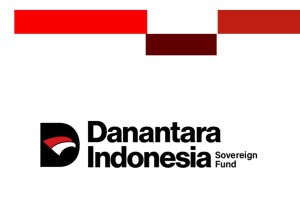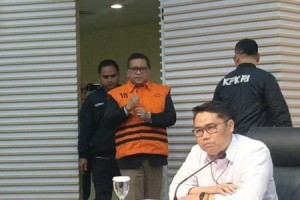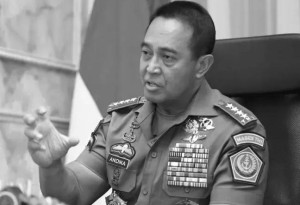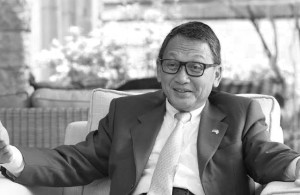Indonesia: Syrian crisis resolution through inclusive, democratic, peaceful transition
Indonesia is closely monitoring developments in Syria and is deeply concerned about their impact on regional security and the resulting humanitarian consequences.
“The crisis in Syria can only be resolved through an inclusive, democratic, and peaceful transition that prioritizes the interests and safety of the Syrian people while safeguarding Syria's sovereignty, independence, and territorial integrity,” the Indonesian Foreign Ministry says on its X account published on Sunday, December 8, 2024.
Indonesia calls on all parties to ensure the protection of civilians in accordance with international law, particularly International Humanitarian Law and International Human Rights Law.
The Indonesian Embassy in Damascus has taken measures to ensure the safety of Indonesian citizens, including preparing for potential evacuation to safer locations if the security situation deteriorates.
As reported by BBC, rebel fighters have captured the Syrian capital of Damascus, effectively toppling the Assad regime that has been in power in the country since 1971. Forces led by opposition group Hayat Tahrir al-Sham (HTS) entered the city in the early hours of Sunday morning, before appearing on state television to declare Syria to now be "free".
The whereabouts of Bashar al-Assad, the nation's erstwhile president, are unknown. He is believed to have fled the capital on a plane.
The rebels − who made a lightning advance over the past fortnight, taking key cities on the road to Damascus − were greeted with celebrations in the streets as they entered the city.
"We all feel like we have been underwater literally for 13 years and we just took a breath," Rania Kataf, a 39-year-old researcher in Syrian cultural heritage in Damascus, told the BBC. "Overwhelmed is not even a word [that can describe this]."
Another resident said: "For the very first time, there is a true feeling of freedom."
Ahead of the rebel takeover, though, others expressed uncertainty about the future, fearing instability and violence in a city that had been relatively unscathed by Syria's decade-long civil war.
People were seen looting the presidential palace on Sunday, prompting the rebels to impose a curfew on Damascus.
Celebratory gunfire was also heard ringing out in the city's Umayyad Square − despite HTS forbidding rebels from doing so.
Bashar al-Assad had been in power since 2000, when he assumed the presidency from his father, Hafez. The regime was marked by repression, censorship and human rights violations.
Opposition groups
Following the Arab Spring, a number of factions opposed to Assad formed opposition groups among others HTS, which was established in 2011 as an affiliate of al-Qaeda and had early involvement from the leader of Islamic State. It is still proscribed a terrorist group by the UN, the US and others.
The leader of the Islamist group, Abu Mohammed al-Jawlani, has attempted to reform its image, breaking with al-Qaeda and pledging tolerance for Syria's minorities.
Many of HTS's statements in the past few days have cast it as a movement for all Syrians, while Jawlani told CNN on Friday: "No one has the right to erase another group. These sects have coexisted in this region for hundreds of years, and no one has the right to eliminate them.”
Already have an account? Sign In
-
Start reading
Freemium
-
Monthly Subscription
30% OFF$26.03
$37.19/MonthCancel anytime
This offer is open to all new subscribers!
Subscribe now -
Yearly Subscription
33% OFF$228.13
$340.5/YearCancel anytime
This offer is open to all new subscribers!
Subscribe now






